After a few agonisingly long weeks of waiting, the news is out – I have a book deal! In fact, I have a two book deal! My novel, the one I’ve been banging on about on here for the last few years, is called The Girl Who… and it’s an emotional thriller for young adults (YA), focusing on two seventeen-year-old girls.
I’ve written a real actual book!
There’s Ellie – lively, outgoing and desperate for fame. And then there’s her new stepsister Leah, who actually is famous but for the most horrific reason: as a child she witnessed a notorious crime, the stabbing of her mother and sister.
In the aftermath her father set up a charity to campaign against street violence and she has become a heroine, a poster child for bravery and forgiveness. It seems like the whole world knows what she’s been through but can’t bear to say it. They just call her “the girl who… you know…”
As Leah struggles to grow up, in the limelight but plagued with dark and terrible thoughts, Ellie is the only one who can see that something is very wrong.
The deal is with Atom which is great as they specialise exclusively in YA stories, so I know I’m in good, experienced hands. Just before the news came out I met met my editor (I have an editor!) Olivia Hutchings and publicist Stephanie Melrose as well as my brilliant agent Lina Langlee, who got me the deal. It’s the weirdest sensation, after writing away in my “spare” time over the years and barely showing anyone my story I now have a whole team of people who like it and who are committed to getting out into the world.

I know a lot of writers have a problem with letting go of their work and who knows, I might find it hard when Olivia’s first edit comes back to me. But after years of second-guessing and staring at the words thinking: Is this too much? Or too little? it’s wonderful to be able to talk to people about it and work on the story to make it the best it can be.
The weirdest thing of all is when I realised that other people around Atom and its parent company Hachette had also been reading the book and talking about it. There was talk of people being “up all night” and saying “just one more chapter.” When I met Olivia and Stephanie we were joking about the characters as if they were people we all knew and liked. It’s almost as if I’ve written a real, actual book. Hang on… I’VE WRITTEN A REAL ACTUAL BOOK!
Two days after I signed the deal I discovered there was already a placeholder for pre-orders on Amazon. And when the publishing trade journal, The Bookseller wrote about the deal calling me “Cordani,” I felt like a proper author. I also had so many lovely messages from people saying congratulations. So many that I ran out of excited gifs and emojis to respond with. It was like having a baby, but without the “I haven’t slept in days and my boobs are about to explode” part.
So this is it, a new step on the road for me. I’m still in the process of taking it all in at the moment, which is why there aren’t oodles of details in this post. I feel like I’ve got so much to learn before spouting any opinions.
There will still be lots of journalism and book reviewing in my life – I’ve no plans to give that up – but I’m also looking forward to sharing more of my novel-publishing experience as I go along. I can’t wait for next September when it finally hits the shelves!
Read my previous rant on publishing here
Looking for a twisty YA thriller with heart? Try this one


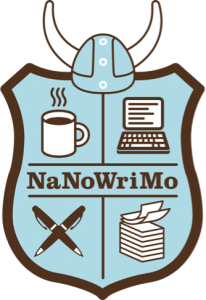
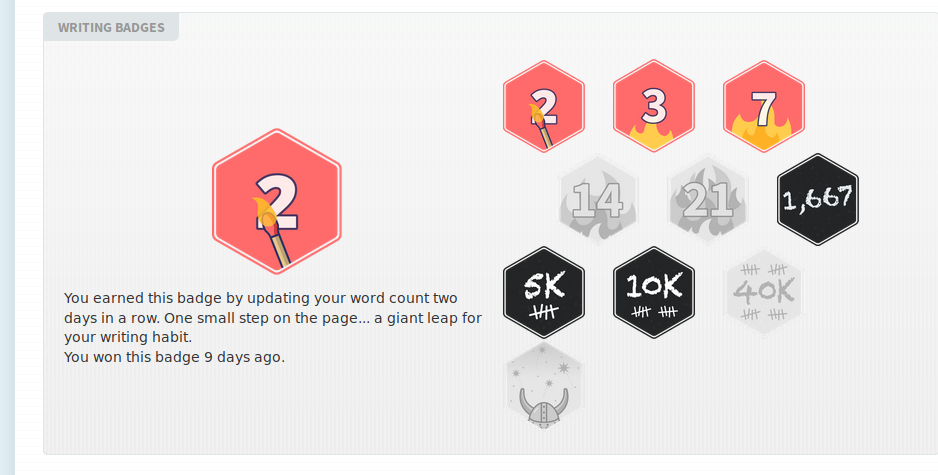
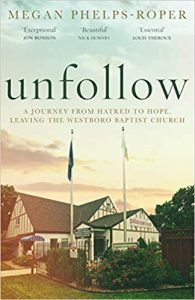
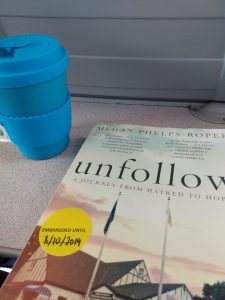



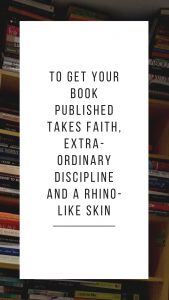 1: They had a Very Good Idea. You know, just like the one that’s floating round your head at the moment that would be an absolute best seller if only you could find the time to write it all down.
1: They had a Very Good Idea. You know, just like the one that’s floating round your head at the moment that would be an absolute best seller if only you could find the time to write it all down.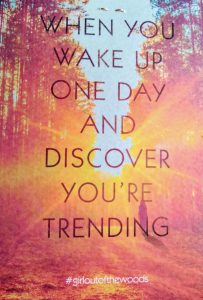 For the first sixteen years of her life, Arty lives in paradise. She, her parents and a group of idealists have built a small community in a clearing in the middle of the Indian forest. It’s not an easy life but it’s a happy one – a matriarchal society where every community member is a god or goddess, decisions are made by consensus and her biggest worry is whether the monkeys are going to steal their food.
For the first sixteen years of her life, Arty lives in paradise. She, her parents and a group of idealists have built a small community in a clearing in the middle of the Indian forest. It’s not an easy life but it’s a happy one – a matriarchal society where every community member is a god or goddess, decisions are made by consensus and her biggest worry is whether the monkeys are going to steal their food.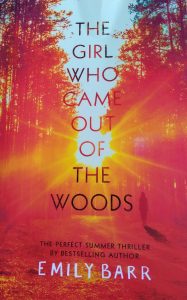
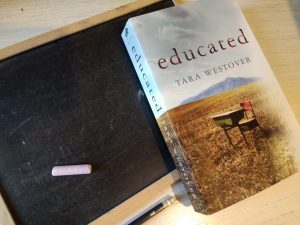 in the remote countryside and it’s absolutely fascinating. School was banned, traditional medicine was forbidden, the End of Days was always around the corner and violence was an everyday occurrence. As she grows up Tara faces a choice – remain loyal to her father despite growing doubts about his views or educate herself and alienate the family she loves.
in the remote countryside and it’s absolutely fascinating. School was banned, traditional medicine was forbidden, the End of Days was always around the corner and violence was an everyday occurrence. As she grows up Tara faces a choice – remain loyal to her father despite growing doubts about his views or educate herself and alienate the family she loves.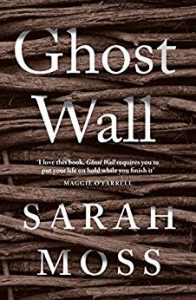 Over a thousand years ago out in the Northumberland countryside a girl was sacrificed: kicked, beaten, tortured and finally buried in the bog by her family, her friends and the people she had grown up with. How could a community turn on someone like that, and why?
Over a thousand years ago out in the Northumberland countryside a girl was sacrificed: kicked, beaten, tortured and finally buried in the bog by her family, her friends and the people she had grown up with. How could a community turn on someone like that, and why?